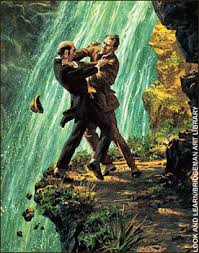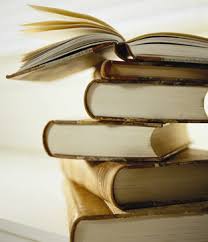 It is tempting to classify literary, cinematic, and historical characters into groups. The trouble of course, is that such labels can be misleading at best, and severely subjective and variable. When using terms such as hero, villain, anti-hero, anti-villain, or adventurer, it is important to remember how vague and movable the borders really are, and to ask why a certain label is or should be placed on a specific character. It is never enough to simply classify a character or a person. One must take into consideration what the creator of this character had in mind, what circumstances affected this person’s actions, what culture or society this person came from, what his or her own beliefs or intentions may be, and finally, how our own principles, prejudices, and associations may influence our perceptions.
It is tempting to classify literary, cinematic, and historical characters into groups. The trouble of course, is that such labels can be misleading at best, and severely subjective and variable. When using terms such as hero, villain, anti-hero, anti-villain, or adventurer, it is important to remember how vague and movable the borders really are, and to ask why a certain label is or should be placed on a specific character. It is never enough to simply classify a character or a person. One must take into consideration what the creator of this character had in mind, what circumstances affected this person’s actions, what culture or society this person came from, what his or her own beliefs or intentions may be, and finally, how our own principles, prejudices, and associations may influence our perceptions.What makes a person a hero or a villain? How much comes from inner predisposition, from personal destiny, from mere interpretation? Is someone obliged to become a hero or villain by virtue of their existence, or are heroes and villains molded over time with an outcome that could potentially have gone either way? How much of it is voluntary, and how many of these people truly anticipate (and care) how they will be interpreted by others?
Read more....








